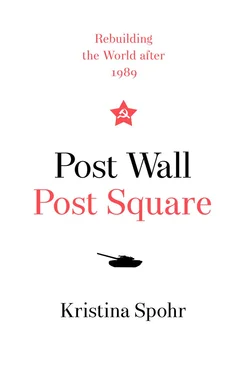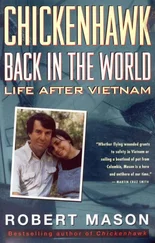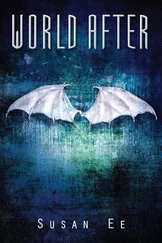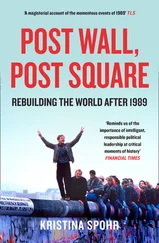On 12 September Kohl sent Németh a telegram thanking him for this ‘generous act of humanity’. The same day, the chancellor exploited the euphoric mood in West Germany to full effect at his party convention in Bremen where some Christian Democrats were trying to overthrow him. He declared that it could never be the policy of responsible West German officials to urge East Germans to flee. But ‘it is a matter of course that everyone who comes to us from East Germany will be greeted by us as a German among Germans’. Appealing to national sentiments and presenting himself as a true patriot chancellor, Kohl managed to fend off the leadership challenge and secure reconfirmation as party leader. Not for the first or last time in these turbulent years, international politics reverberated in domestic affairs. [144]
By the end of September, between 30,000 and 40,000 people – far more than even informed circles had ever anticipated – had gone West via this route. [145]The Honecker regime was furious but East Germany was now diplomatically isolated in the Warsaw Pact. Crucially, Moscow hardly protested at all. On the contrary, Gennady Gerasimov, the Foreign Ministry spokesman, merely said that the border opening was ‘a very unusual and unexpected step’ but that it did not affect the USSR directly. That the Soviet Union went along with the Hungarian decision, thereby distancing the Kremlin even further from East Berlin, was a serious blow to the Honecker regime’s morale. There were even question marks over Gorbachev’s much-anticipated attendance at the upcoming fortieth-anniversary celebrations of the GDR’s foundation on 7 October. It was no secret that Gorbachev deeply disliked the ‘scumbag’ ( mudak ) Honecker, as he told Chernyaev. And the Soviet leader certainly did not want to be seen as supporting Honecker’s hard-line position against more reform-minded East German communists. Indeed, after his triumphant trip to Bonn, he had explained to Honecker in no uncertain terms that the USSR was changing. ‘This is the destiny of the Soviet Union,’ he declared, ‘but not only its destiny; it is also our common destiny.’ Nor was he keen to jeopardise his budding political friendship with Kohl: like Németh, Gorbachev’s policy towards the GDR was now being framed against hopes of West German financial injections, which the chancellor had promised during the Soviet leader’s June visit in Bonn. [146]
Unable to mobilise the Warsaw Pact in its support, the East German government used its own powers to the utmost. During September it imposed severe restrictions on GDR citizens travelling to Hungary. Although many still managed to get through, this policy simply had the effect of diverting the human traffic towards the West German embassies in Warsaw and Prague. By 27 September there were 500 East Germans seeking refuge at the Warsaw embassy and 1,300 in the Prague mission. [147]
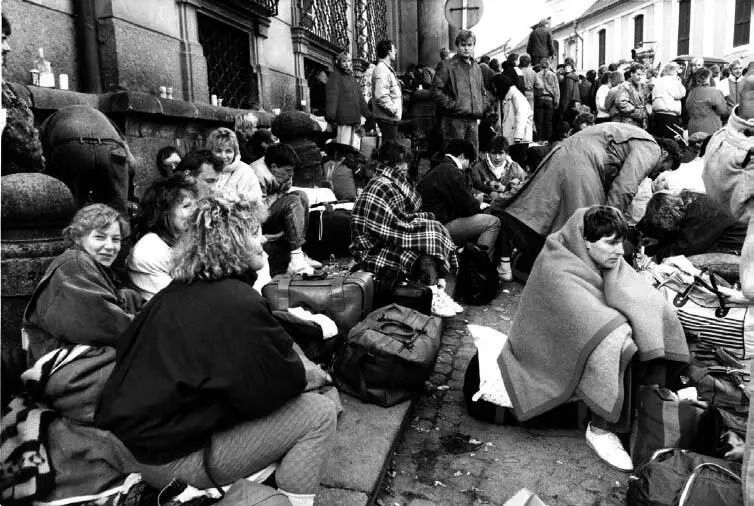
Camp out for freedom – East Germans besiege the FRG Embassy in Prague
Prague was particularly hard hit because Czechoslovakia was in any case the transit route for East Germans hoping to head West via Hungary. And the moment East Berlin denied permission to travel to Hungary, GDR emigrants simply stayed in Czechoslovakia rather than returning home. These were people who had so far neither applied for a permanent exit visa to West Germany nor did they have adequate papers to enter Hungary. For fear of being picked up by the Czechoslovak authorities and then deported to the GDR, they hoped to achieve their goal of getting to the West by sitting it out in the grounds of the West German embassy – an eighteenth-century palace in the centre of Prague, whose beautiful park became a squalid and unsanitary refugee camp.
By the end of the month, more than 3,000 people lived in and around the main embassy building, 800 of whom were children. They had four toilets between them. The women and children bedded down at night on foam-rubber pads, while the men slept in shifts in tents spread out incongruously under black baroque statues of goddesses in the once-elegant gardens. Food was at best simple: coffee, tea, bread and jam for breakfast, and a thick soup that the Germans call ‘one-pot’ ( Eintopf ) for the other meals – served from field kitchens that steamed and smoked behind the wrought-iron garden gates. ‘There’s an occasional orange for every two or three children, for vitamins,’ a young mother said bleakly. [148]
Bonn was desperate to negotiate a deal to release these GDR squatters to the West, and the UN General Assembly on 27–9 September in New York offered Genscher the perfect opportunity. On the margins of the conference he was able to discuss the matter quietly with his Soviet, Czechoslovak and East German counterparts. [149]As a result of Genscher’s pleas, it appears, Shevardnadze pressed East Berlin to ‘do something’ and Honecker, with approval of the Politburo on the 29th, offered Bonn a one-off deal: the embassy-occupiers’ could go West as long as their ‘exit’ to the FRG would be presented as their ‘expulsion’ from East Germany. Honecker would thereby be able to demonstrate that he remained in control by seeming to oust these traitors from his state. To further show that he was orchestrating the whole business, the East German leader insisted that the refugees travel on sealed trains from Prague back to the GDR before being transported to West Germany. Honecker wanted to use the train journey to record the identities of the escapees, so that GDR authorities could confiscate their property. Sealed trains had, of course, a dark historical connotation, summoning up images of Nazi Germany’s transports to the concentration camps. There were also fears that the trains could be stopped in the GDR. Still, the Kohl government agreed to Honecker’s offer because this was at least an arrangement under which the East German escapees were being treated as legal emigrants rather than illegal fugitives – part of the general effort to bring the crisis within the domain of international law and universal humanitarian values. [150]
As soon as Genscher got back to Bonn from New York at dawn on 30 September, he found himself on a mission to implement the plan. With a small team of officials he headed for Prague. Other FRG diplomats set out on a similar mission to Warsaw. Both groups had the daunting task of overseeing an orderly exodus and ensuring that the GDR honoured its grudging concessions. Genscher landed in the Czechoslovak capital in the afternoon, only to learn that – contrary to earlier understandings – he would not be allowed to accompany the refugees on their freedom train. Honecker had now decided that only lower-level West German officials could travel: he did not want the added publicity from the foreign minister’s presence with the freedom riders. [151]
Undeterred, Genscher hurried to the West German embassy. There, an air of excitement had been building up over the course of the day. Suddenly, just after dusk and without any fanfare, Genscher stepped onto the baroque balcony and looked out at the huge crowd beneath him. Visibly moved, he announced ‘Dear fellow Germans, we have come to you to inform you that today your departure to West Germany has been approved.’ That magic word ‘departure’ was enough: the rest of his sentence was drowned in cries of jubilation. [152]
‘It was unbelievable,’ exclaimed a man from Leipzig. ‘Genscher was there like the incarnation of freedom.’ The people at the Prague embassy, some of whom had been there for eleven weeks, began hastily packing. It’s ‘like Christmas and Easter in one shot’, a young man told a journalist before he hurriedly boarded a bus to the train station with his wife and infant child in tow. [153]
Читать дальше
